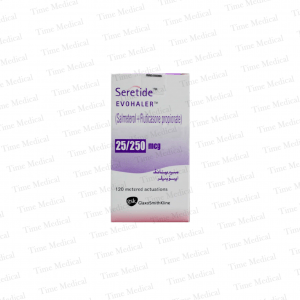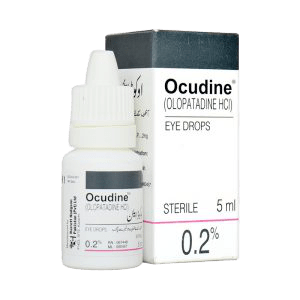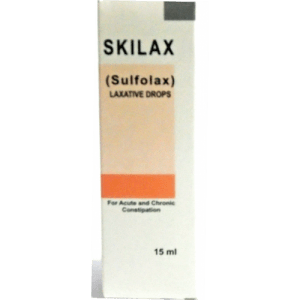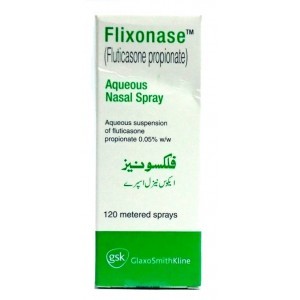Description
Indications
Oflopred Eye Drop 5 ml is primarily indicated in conditions like Adrenal insufficiency, Asthma, Blood malignancies, Connective tissue diseases, Liver diseases, Ocular diseases, Renal diseases, Respiratory disease, Suppression of inflammatory and allergic disorders.
Contraindication
Oflopred Eye Drop 5 ml is contraindicated in conditions like Diabetes mellitus,Peptic ulcer,Psychosis, Osteoporosis,Infections.
Side Effects
The severe or irreversible adverse effects of Oflopred Eye Drop 5 ml, which give rise to further complications include Glaucoma, Peptic ulceration, Myopathy, Osteoporosis, Growth retardation, Aseptic bone necrosis, Ocular hypertension, Subcapsular cataract, Pancreatic disturbance, Oedema, Moon face.Oflopred Eye Drop 5 ml produces potentially life-threatening effects which include Adrenal Insufficiency. which are responsible for the discontinuation of Oflopred Eye Drop 5 ml therapy. The symptomatic adverse reactions produced by Oflopred Eye Drop 5 ml are more or less tolerable and if they become severe, they can be treated symptomatically, these include Nausea, Vomiting, Insomnia, Nervousness, Nocturia, Increased appetite, Obesity, Euphoria, nervousness, sodium retention.
Warnings
Oflopred Eye Drop 5 ml should be used with caution in patients with active tuberculosis infection of respiratory tract or in untreated fungal, bacterial or systemic viral infections. Corticosteroids should only be used systemically with great caution in the presence of congestive heart failure (CHF), recent myocardial infraction (MI), hypertension, diabetes mellitus, epilepsy, glaucoma, hypothyroidism, liver failure, osteoporosis, peptic ulceration or renal impairment. Children may be at increase risk of some adverse effects, corticosteroid causes growth retardation and prolonged use is rarely justified. Passive immunization is recommended to non-immune patients who do come in contact with chickenpox or measles. Live vaccine should not be given to patients receiving high dose systemic corticosteroid therapy nor for atleast 3 months afterwards, killed vaccine or toxoids may be given, although the response may be attenuated. During prolong treatment with corticosteroids, patients should be examined regularly, sodium intake may need to be reduced and calcium and potassium supplement may be necessary. Patient should carry cards given full details of their corticosteroid therapy. Avoid use during pregnancy. Use nasal steroids with caution until healing has occurred.






Reviews
There are no reviews yet.